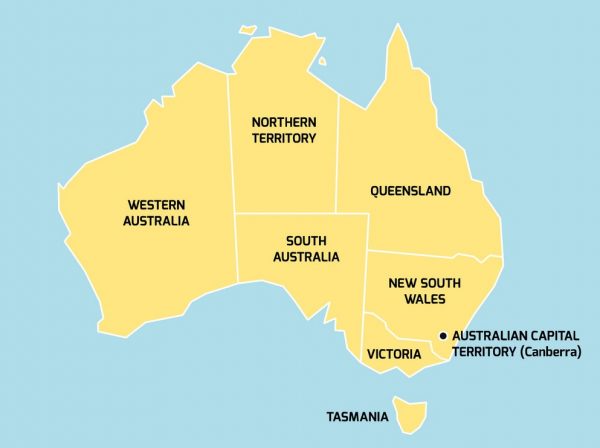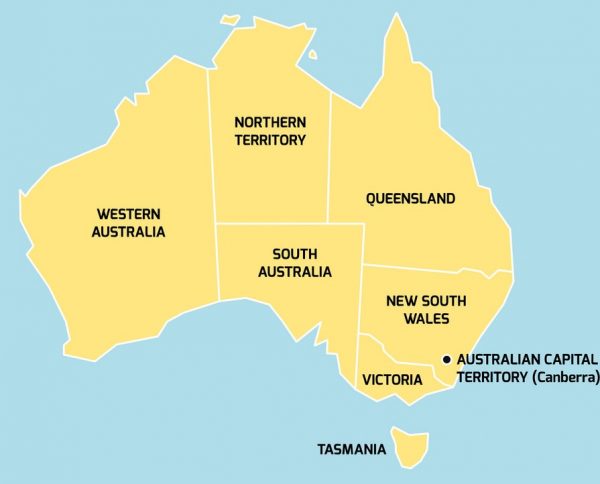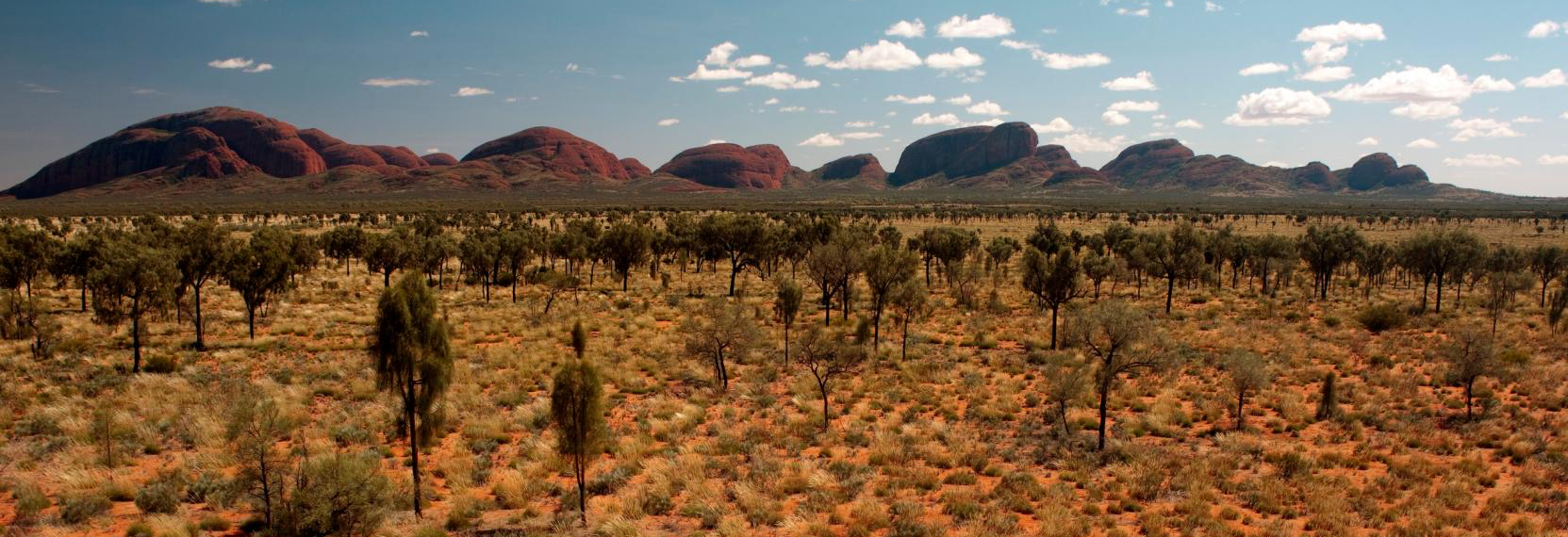Moving to Australia – Frequently Asked Questions
Driving
Can I drive in Australia with an overseas driver’s license?
- In most Australian states and territories, you can drive on an overseas driver’s license as long as it is current. In the northern Territory you can drive for up to 3 months then you will need to transfer to a local license. You can only drive vehicles which your overseas license authorizes you to drive and you must drive according to any conditions on your overseas license.
- Most states require you to carry your current overseas license with you, and if your driver’s license is not written in English, you must also carry a formal translation of your license into English. Some states will also require you to carry an International Driver’s Permit (IDP) after a certain period of time.
- The rules for each Australian state are slightly different, so if you want more information about a particular state’s overseas driver’s license requirements, you can visit the following state government websites on the map below.









Health and Hospital Services
Do I need health insurance?
- Absolutely YES. As Work and Holiday Visa holders are not eligible for Medicare (Australia’s publicly funded healthcare for residents and citizens), getting an appropriate level of health insurance is critical during your time Down Under.
- You should organize your health insurance before you travel so that it begins from the date of your arrival.
- You should choose an Australian-based health insurance plan that best suits your situation. Of the Australian providers we recommend either:
What should I do if I get sick or have an accident?
- Contact your health insurance company immediately.
How do I contact authorities in an emergency?
- If you are experiencing an emergency or a life-threatening event, it is important to remember that the general emergency service number in Australia is 000. Always have this number plugged into your phone.
- For more details on emergency services and their contacts, please visit the following government website: https://www.australia.gov.au/information-and-services/public-safety-and-law/emergency-services
Working
What are some of the most popular/easiest jobs to get in Australia?
- Usually the industries that offer the most accessible opportunities for Work and Holiday makers are Hospitality, Tourism, and Agriculture/Farm Work. For example, popular positions include waitress, bartender, farmhand, crop-picker, tour guide, and retail sales associate.
What are the best ways to find work?
- Flyering your resume: Sometimes, the best way to get hired is to simply ask for a job in person. Tailor your resume for the job you’re looking for, then go out and pass them around. Putting a face to a name helps a lot. If you’d like to work at your hostel, simply ask at the front desk if they have anything available.
- Apply Online: Going through an online application can be tedious and fruitless, but applying directly with companies, either through LinkedIn, various job sites, or the company website, is still a good option.
- Online job boards: You can also seek out jobs on free online platforms such as Gumtree, Seek, Adzuna or Indeed. Like all online job advertisements, make sure that the job being offered is genuine and follows mandatory work guidelines including appropriate pay, work breaks, and work conditions.
How much will I get paid working in Australia?
- Your salary will depend on many things such as the type of work (Fulltime, Part time or Casual), the total hours that you work each week. The national minimum wage for a casual employee is currently $ 24.36 (EUR 15). Different industries have different awards that guarantee minimum working conditions that must be equal to or better than the national minimum wage. Before you start working in any job you should familiarize yourself with you employee entitlements such as minimum wage and penalty rates. You can see this information on the Fair Work Australia website.
What do I need to be able to work in Australia?
- To accept a job offer and start working you are going to need:
- An Australian bank account: So that you can receive your wages. Usually employers in Australia pay wages weekly or every two weeks. You can set up an Australian bank account before arriving in Australia. We recommend that you set up borderless account with TransferWise as the cheapest, easiest and quickest way to set up an Australian account before arriving. Transferwise also offers a Visa Debit card that you can use upon arriving in Australia.
- A Tax File Number (TFN): You employer will need this so that they can pay the correct income tax deductions to the Australian Taxation office on your behalf. You will need to first arrive in Australia before applying for your TFN. As part of our service offering, Ausvisto can apply for the TFN for you. Once a TFN has been requested it may take up to 28 days to arrive in the mail. However, this will not prevent you from starting to work as you can show your employer that you have applied for your TFN and you will have up to 28 days to provide it to your employer.
- Superannuation Account: As soon as you start working you will need to set up your superannuation account (the equivalent of a 401k). This is mandatory and usually your employer will help you with this. You can choose any of the many registered superannuation funds. Once you have set up a superannuation account you should make sure that you use the same account for all of your jobs while you are in Australia. Although this isn’t a requirement, it can save you a lot of time when claiming your money back at the end of the year and don’t want to remember details of each individual employer-provided plan.
Do I pay taxes for work I’ve completed in Australia?
- If you work in Australia, tax will be withheld from your pay and you may need to lodge a tax return at the end of the financial year. The Australian income year starts on 1 July and ends on 30 June the following year.
Do I need certification to work with children?
- Yes, you will need to complete a “Working with Children Check” when providing childcare. There are different names for this registration and licensing process for each state, so please explore the map below.









Do I need certification to work in a bar or restaurant?
- Before being able to work in places where alcohol is served in Australia, it is a legal requirement that you complete Responsible Service of Alcohol (RSA) training. Therefore, if you intend to work in a bar, restaurant, bottle shop or even a nightclub you will need to get a RSA Certificate.
- During the RSA training, you will learn to serve alcohol responsibly by identifying intoxicated customers and underage drinkers. It will help you to understand the regulations regarding alcohol and its consumption in Australia. You will also learn to measure standard drinks and legally sell and serve alcohol.
- To get your certificate, you can do the course in a classroom in specialized training centers or just do it online (except for Victoria). There are many service providers such as Express Online Training that offer Online RSA Courses throughout Australia.
How does the six-month work limit on my 462 Visa work?
- You cannot work for the same employer for more than six months without asking permission unless the work is:
- In different locations and work in any one location does not exceed six months
- In plant and animal cultivation anywhere in Australia
- In certain industries in Northern Australia only: Hospitality, Aged Care, Construction, Mining, Tree Farming/Felling, and Fishing.
Accommodation and Renting
How do I rent a room or find a roommate?
- House shares are popular in Australian cities and there are usually rooms available at any time. They are easier and quicker to move into than an independent rental, plus they’re a great way to meet new people. Gumtree, Flatmates, EasyRoommate, FlatmateFinders are all top sites, particularly for house share opportunities.
How do I find an apartment to rent?
- Sign up to the following websites to search for properties: RealEstate, Domain, and Gumtree. Make sure to set up daily email alerts and book a viewing (referred to as inspections in Australia) as soon as you see something you like. Flats rent out quickly all over Australia, particularly in urban areas.
What is a rental bond?
- A rental bond is money paid by the tenant at the start of a tenancy agreement, sometimes referred to as a security deposit. Most landlords take rental bond money as security for the rental space. A bond can be taken only after the prospective tenant is given a copy of the proposed tenancy agreement. The Rental bond must then be transferred to the States rental tenancy authority and the landlord by provide the Tenant with a receipt to show that the Rental Bond has been deposited with the rental authority. The rental regulations differ for each.
- It is important to always obtain a rental/tenancy agreement from your landlord, and to make sure you understand what is written.
Please stay informed on your state or territory’s rental regulations by visiting the respective government website on the map below:









Understanding Your Work and Holiday 462 Visa
Can I extend my Visa?
- You can apply for a second or even third Work and Holiday Visa 462, as long as you meet specific requirements:
- Complete the equivalent of three months of eligible work during your first Work & Holiday Visa. Three months of work is equivalent to 88 full days of work, or 35 hours per week. There is no limit to the number of companies that you may work for in order to reach your minimum of three months of eligible work.
- Eligible work undertaken during your first Work & Holiday Visa must be completed in pre-approved regions of Australia.
- You must work in valid industries in accordance with the Australia government. These industries are Agriculture, Fishing, Planting and Cutting of Trees, Hospitality and Tourism.
- Am I allowed to travel in and out of Australia during my Visa?
- Yes, you are free to travel in and out of Australia as much as you would like during the time of your visa.


